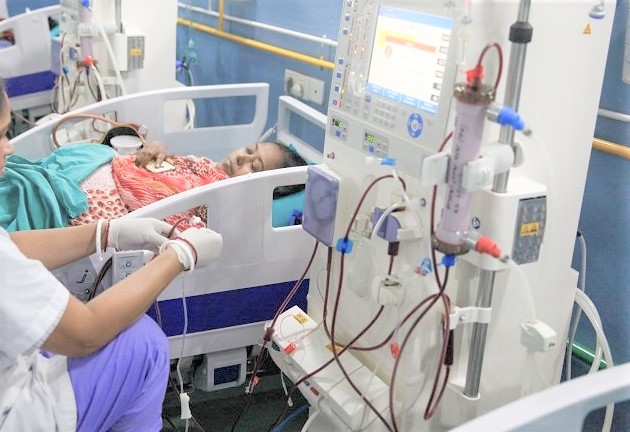Treatment for all kidney conditions in children with tender care
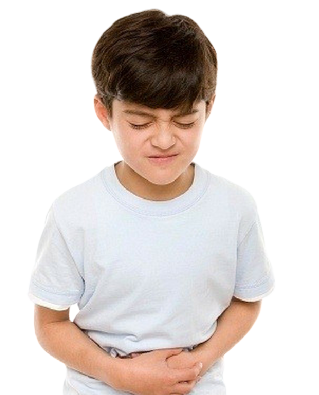
Some common conditions
A brief introduction to conditions
Nephrotic Syndrome
‘A kidney condition in which protein leaks out in urine’
– A kidney condition in which protein (Albumin) leaks out in urine
– The normal urine does not contain protein
– Due to loss of Albumin in urine, the level of albumin in the body drops
– This leads to the loss of a ‘sponge’ like effect it has in keeping fluids in blood vessels
– Hence fluid leaks into body tissues causing swelling in the feet, face and tummy
– This also causes decrease in urine formation
– To measure blood pressure, weight, monitoring daily urine & water intake are crucial
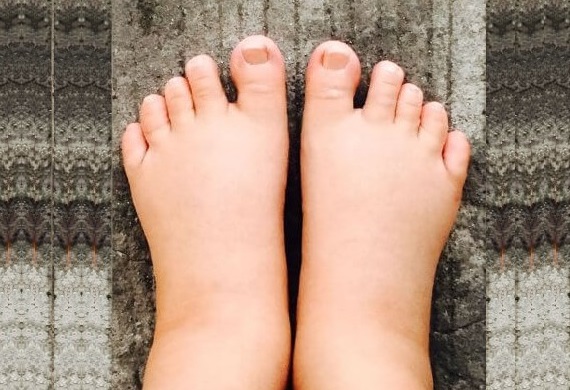
‘In UTI bacteria invade the urinary tract resulting in fever’
– A condition in which bacterial infection in urine affects the urinary tract
– Child may have pain while passing urine
– It is usually associated with fever and sometimes vomiting. Some children may need to be hospitalised if the infection is severe
– These children require ultrasonography & other tests which vary with each child
– The main intention of doing tests is early diagnosis to prevent scarring of the kidney and detecting underlying cause if any
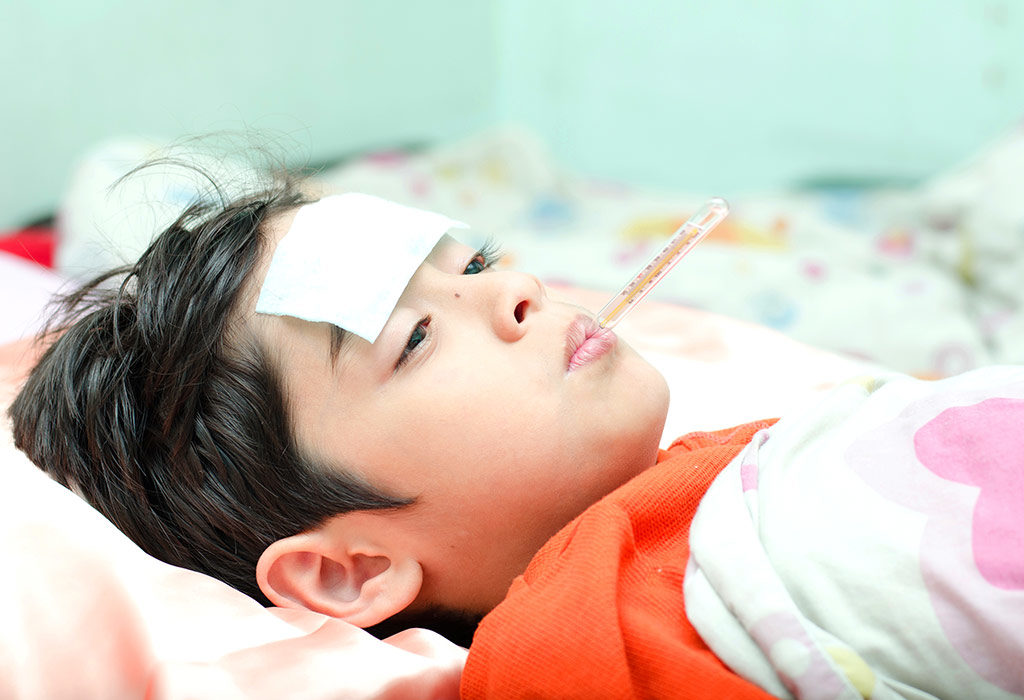
‘Complain of pain and blood in urine’
– These children usually present with pain and blood in urine
– They may or may not have infection in urine
– If the stone is small, dietary changes are advised and medicines are started and if they are large or are causing obstruction surgery or lithotripsy may be needed
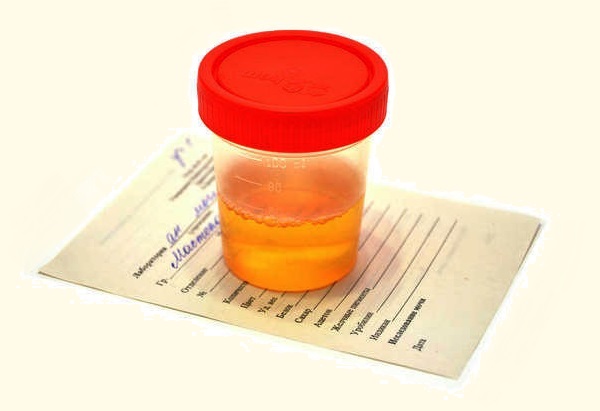
‘Bed-wetting in grown-up kids’
– Children achieve day and night time bladder control at 3.5 & 5 years age respectively
– If a child continues to wet his underwear even after this age, then we need to assess
– Enuresis or voiding in sleep is more common but most children respond well
– Day time symptoms are more incapacitating and may indicate bladder problems
– Children with spine problems or outlet obstruction also need bladder care
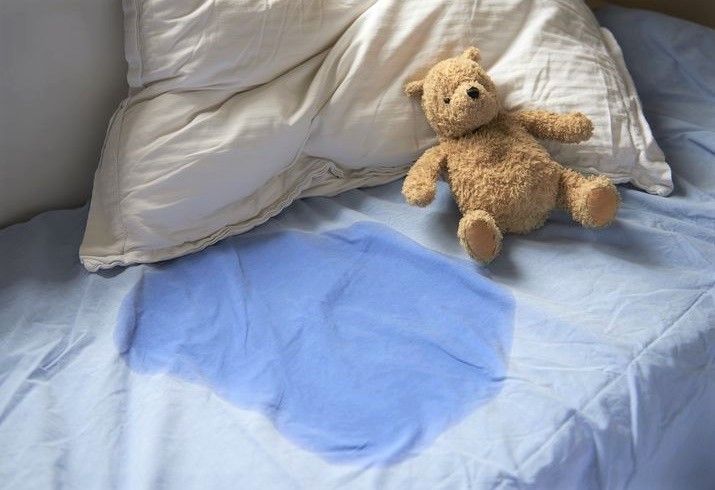
‘Temporary disfunction of kidneys’
– Acute Kidney Injury is also known as acute renal failure
– It is a condition where the kidney is temporarily not functioning well
– The cause could be severe infections like malaria, dengue, leptospirosis, gastroenteritis, drugs or an underlying kidney disease
– If initial medical treatment fails, dialysis may be needed

‘Irreversible damage to kidneys’
– If the kidney failure persists for a long duration, it is called chronic kidney disease
– Early treatment is medication; however, at later stages, dialysis/transplant is needed
– There are two types of dialysis modalities, hemodialysis and peritoneal dialysis
